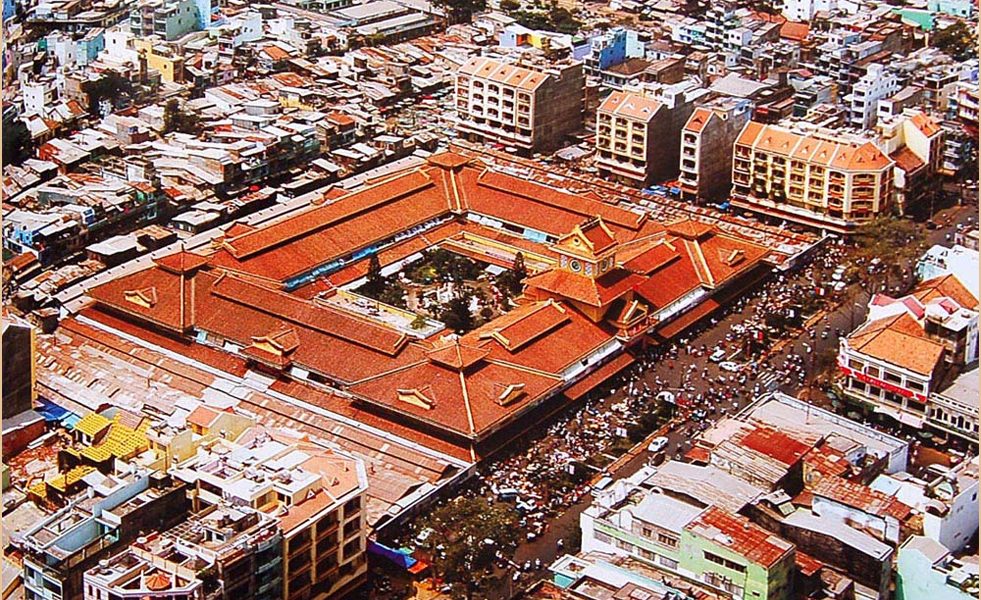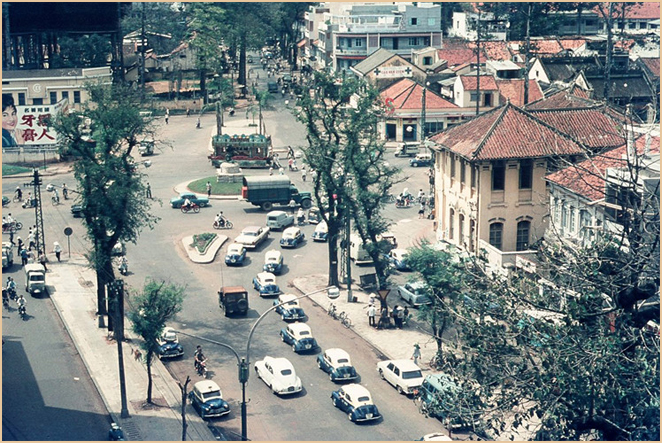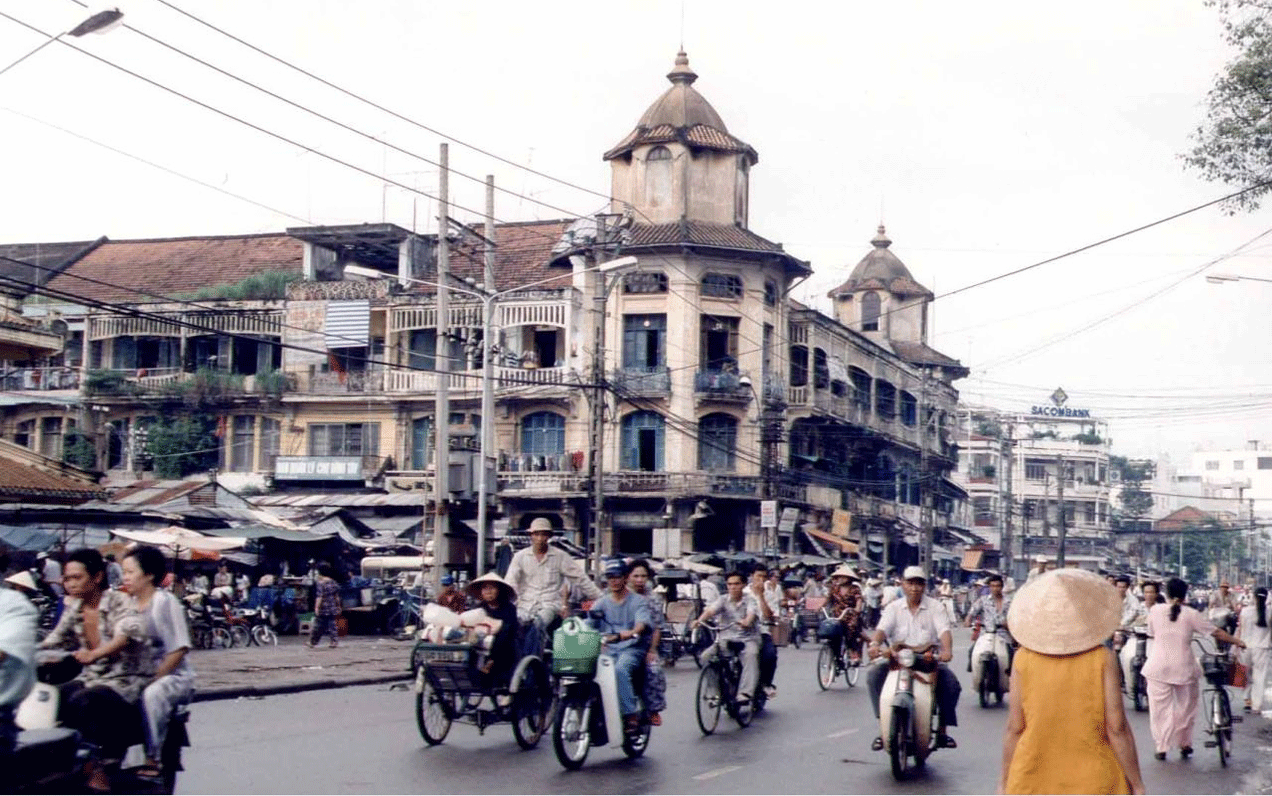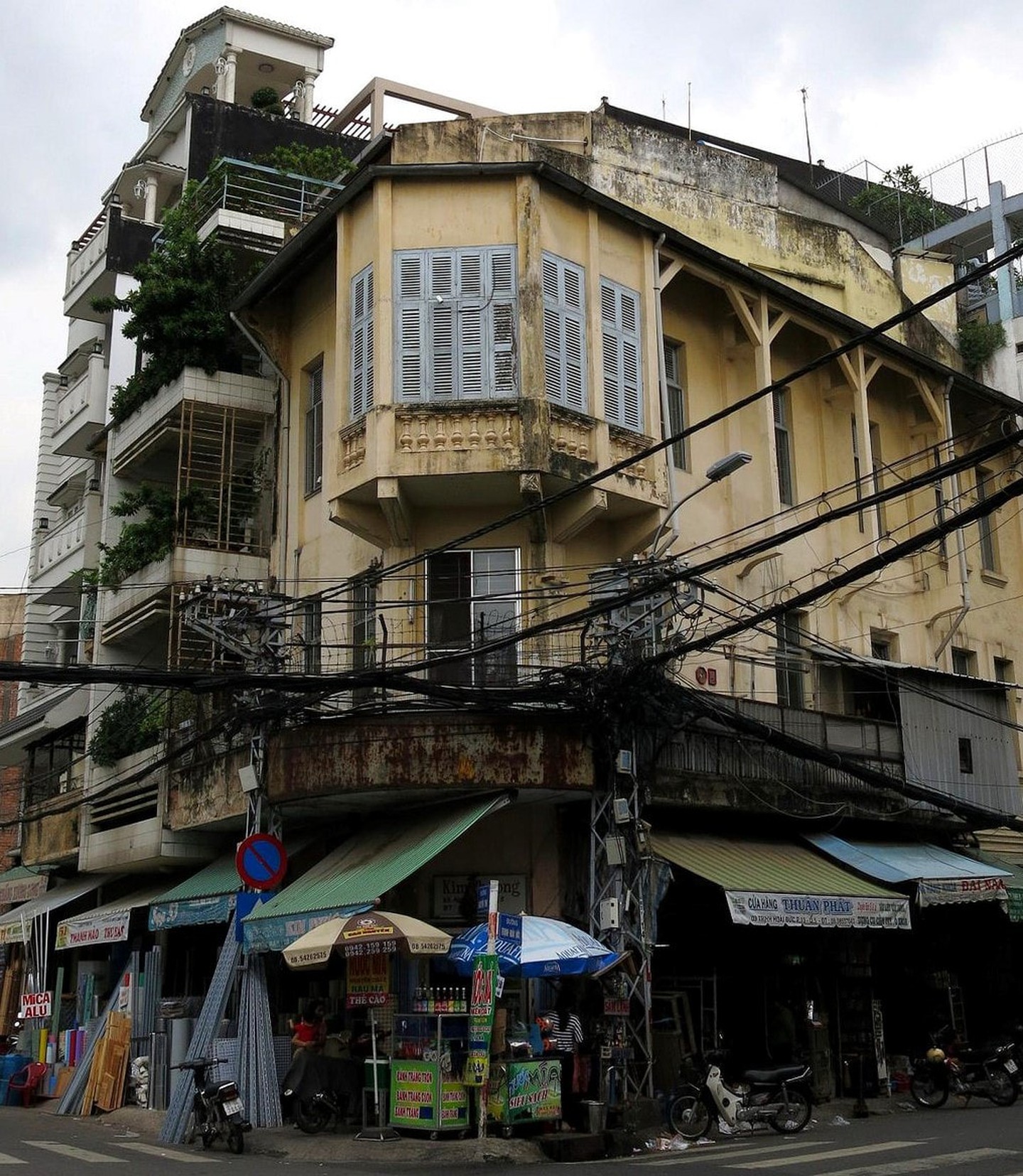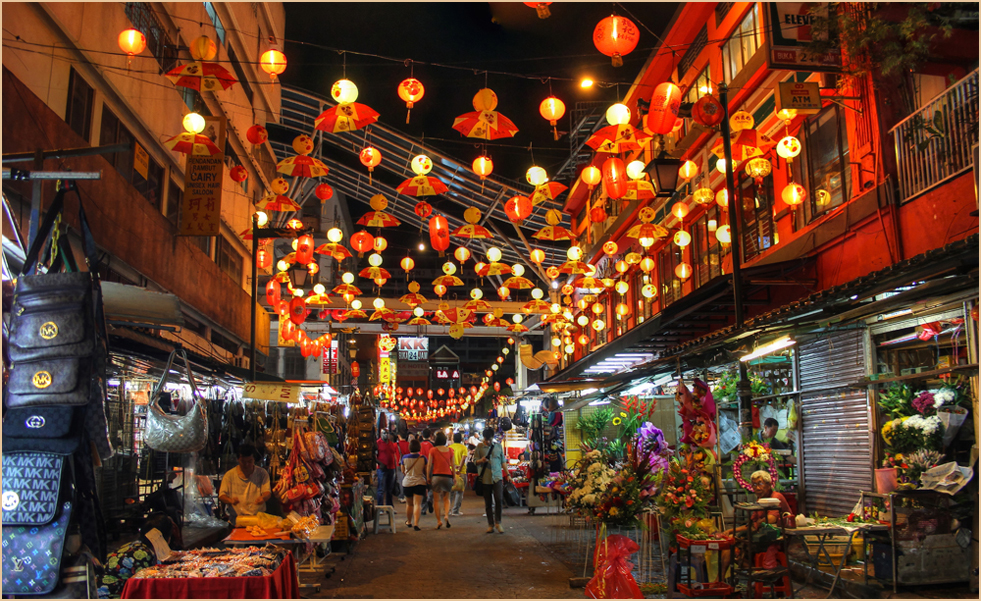Cholon, which directly translates to “Big Market”, was first established in the late 1700’s when a large number of Hoa, an ethnic Chinese minority residing in Vietnam, were forced from the nearby city of Bien Hoa. Over the next hundred years, the area continued to grow in size and population until it was eventually incorporated in 1879. Within 50 years, this hectic Chinese marketplace would join with with the city it directly bordered and become Saigon-Cholon. Although the moniker was officially dropped in the 1950’s, Cholon’s charm is still very much alive, having spread to encapsulate parts of District 5, 6 and 11 today.
Hotline : (+84)938.353.766
Email : sales@dongkhanhhotel.com


